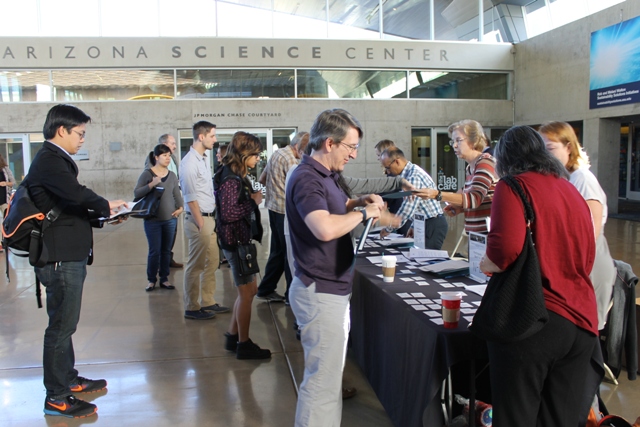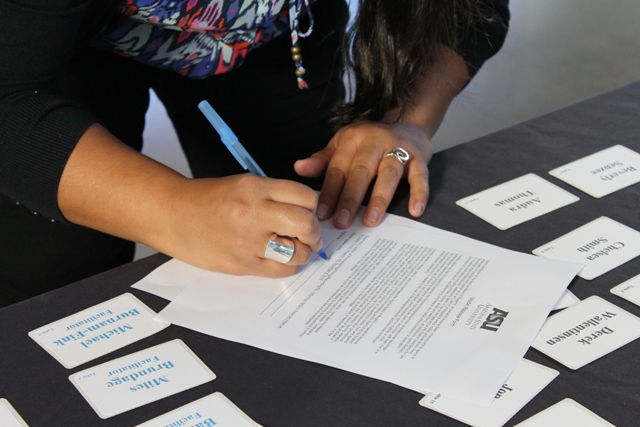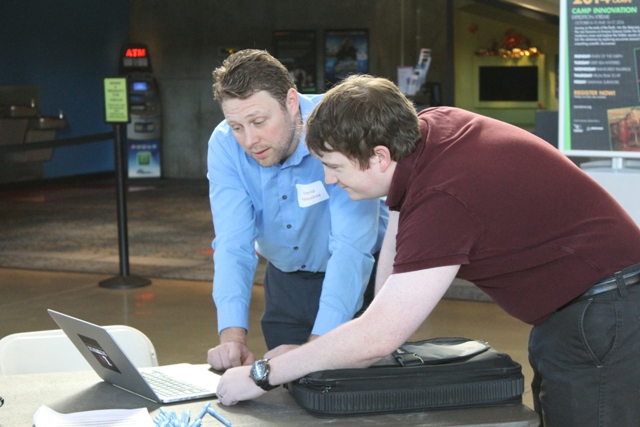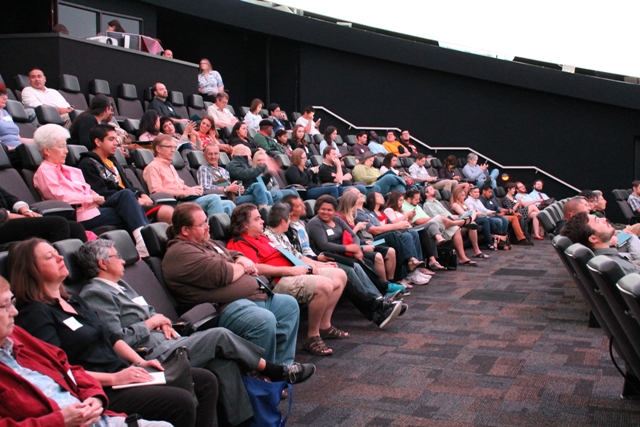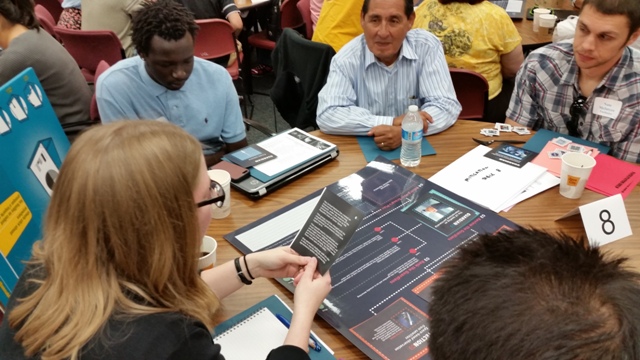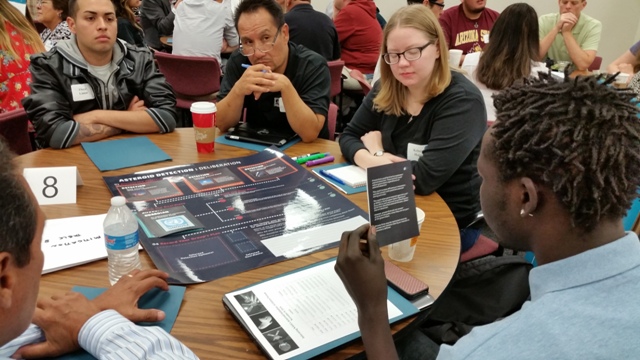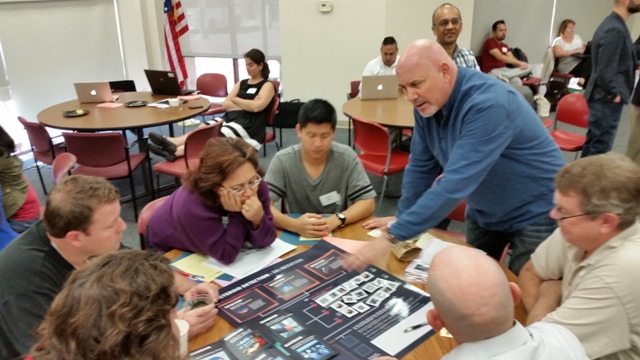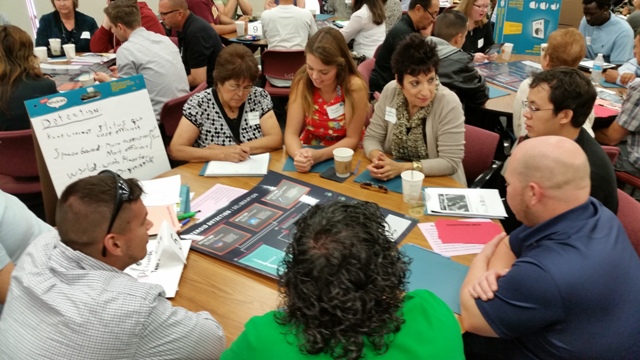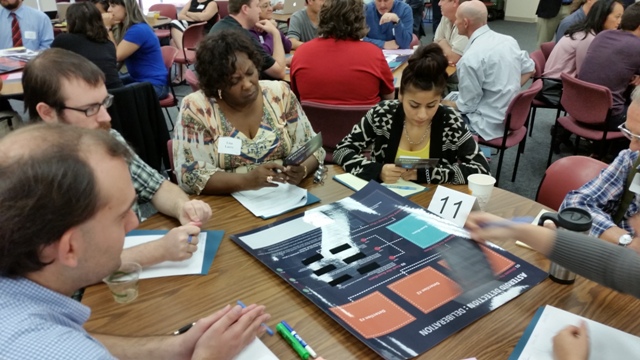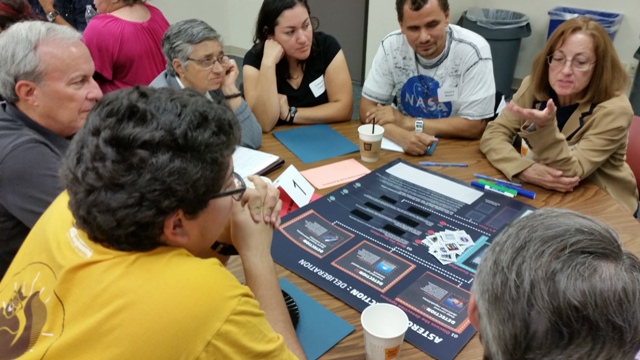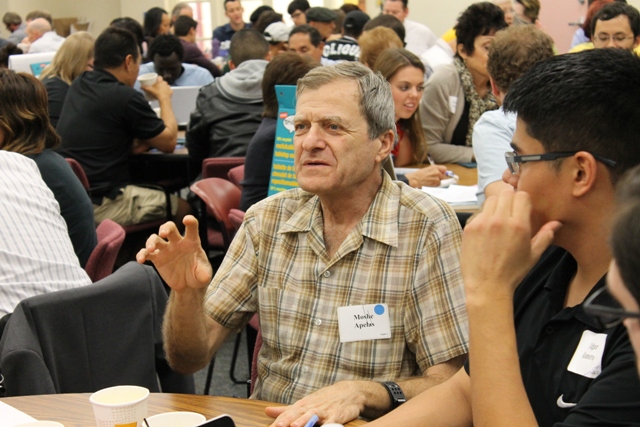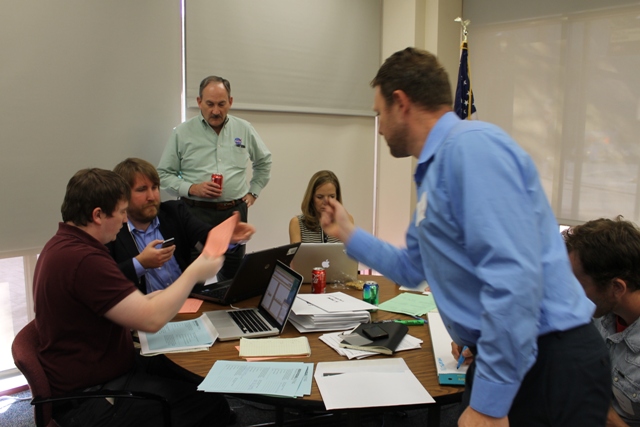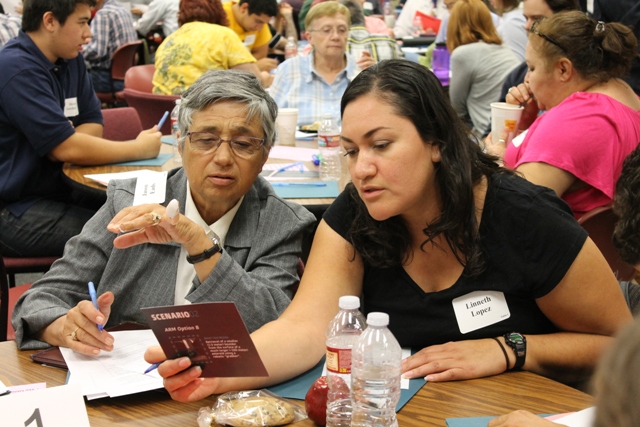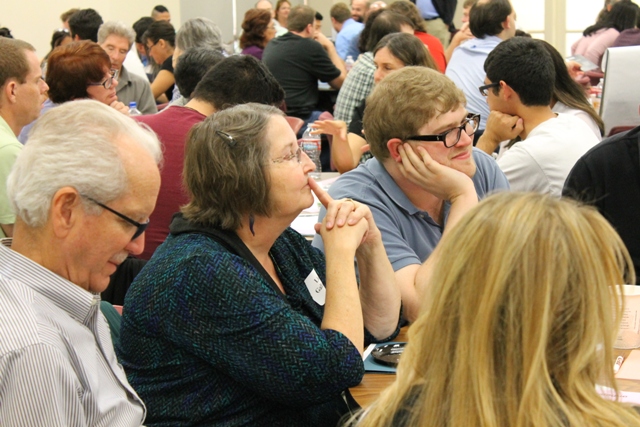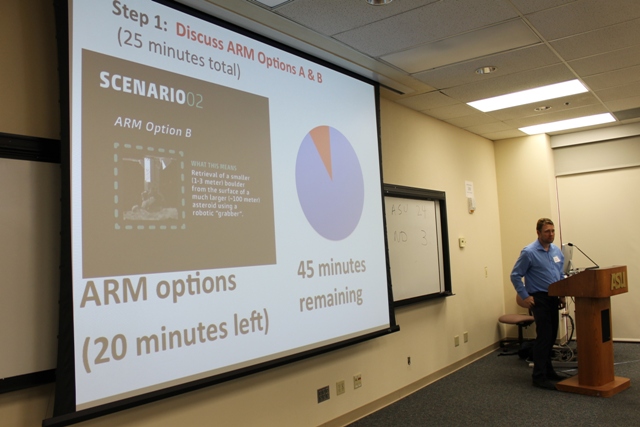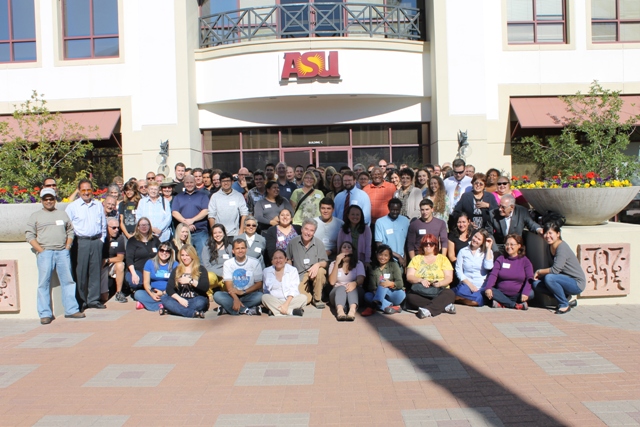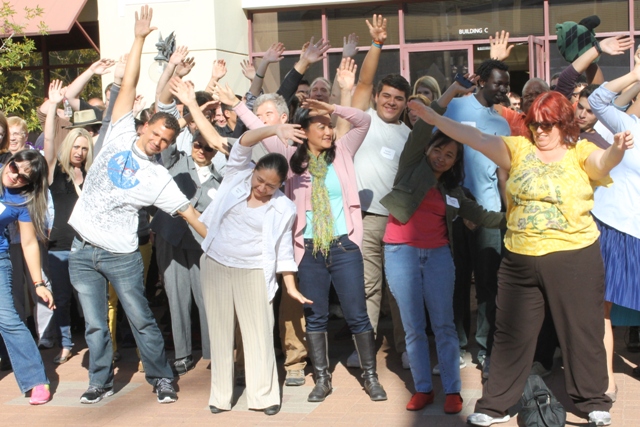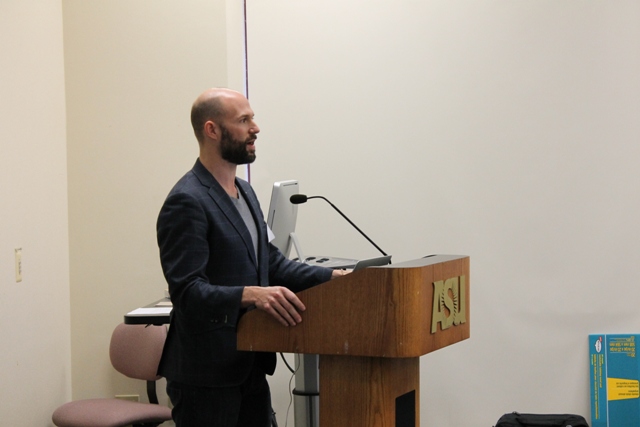A Participatory Technology Assessment of NASA’s Asteroid Initiative
Program Areas – Science and Technology Policy, Education and Engagement, Futures
Project Description
This Arizona State University-led pilot project of the Expert and Citizen Assessment of Science and Technology (ECAST) network will work collaboratively with NASA to design, test, develop, implement, analyze, and assess two on-site and one on-line citizen forums for collecting informed public views on NASA’s Asteroid Initiative. The on-site forums will be one-day facilitated deliberations hosted in parallel in Boston and Phoenix. Each participant group will be selected based on demographic criteria representative of the diversity of the host region. The on-line forum will be six weeks in duration and involve participants who are self selected. The public views on the Asteroid Initiative collected from the forums and the assessment report will provide input to early stage planning of the Asteroid Initiative and other engagement activities.
Objectives
- Design, test, develop, implement, analyze and assess two on-site face-to-face and one on-line citizen forums for collecting informed public views on NASA’s Asteroid Initiative.
- Provide public views as an input to shape the Initiative’s direction and further public engagement activities.
- Serve as a potential pilot for participatory technology assessment of NASA’s future science and technology initiatives.
Background
- Beyond involving citizens in the conduct of everyday science, citizen forums for the purpose of participatory technology assessment engage publics in respectful, multidirectional conversations, and enable them to learn and make recommendations about scientific issues, based on their own questions, interests, knowledge, values and personal experience.
- By engaging citizens in face to face deliberations in Phoenix and Boston and online in other parts of the country we can capture key principles and issues that need attention and bring forward new perspectives on public views and values for decision-makers.
- By striving to understand how to make ‘participating in the Asteroid Initiative highly desirable for’ all citizens, NASA can identify new goals to complement the existing capabilities involved in the asteroid initiative and other missions.
Partners
Reports
- Informing NASA’s Asteroid Initiative: A Citizen’s Forum (Summary Report)
- Informing NASA’s Asteroid Initiative: A Citizen’s Forum (Full Report)
Media/Events
- Influence on the NASA Office of Planetary Defense: March 16, 2018: How the Public Can Inform Science and Technology Policy: The Case of Planetary Defense
- Breakfast Seminar: Oct 1, 2015: From Asteroids to Oceans: Using Public Engagement to Inform Policy Decisions
- ASU News: Sep 28, 2015: ASU-led partnership engages citizens in NASA’s Asteroid Initiative
- Press Release: Aug. 28, 2015. Innovative Study Supports Asteroid Initiative, Journey To Mars
- Press Release: March 25, 2015. NASA Announces Next Steps on Journey to Mars: Progress on Asteroid Initiative
- Press Release: August 28, 2014. NASA, ASU partner to engage citizens in space exploration
- Video: February 11, 2015. A Participatory Technology Assessment of NASA’s Asteroid Initiative
- Blog Post: February 18, 2015. Now is your chance! Inform NASA’s Asteroid Initiative
Photos
Meet the Project Team
Principal Investigators
-

David Guston
Assoc Vice Provost & Professor, Consortium for Science, Policy & Outcomes
-

Mahmud Farooque
Associate Director, CSPO
-
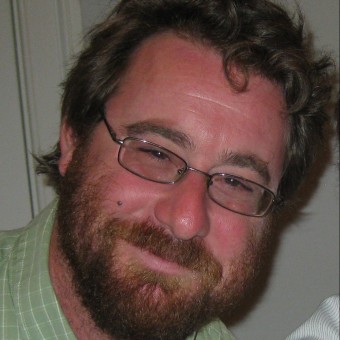
Ira Bennett
Co-director of CENTSS, Clinical Associate Professor
-

Darlene Cavalier
Professor of Practice & Founder, SciStarter
-

David Sittenfeld
Director, Center for the Environment, Museum of Science, Boston
Additional Team Members
-
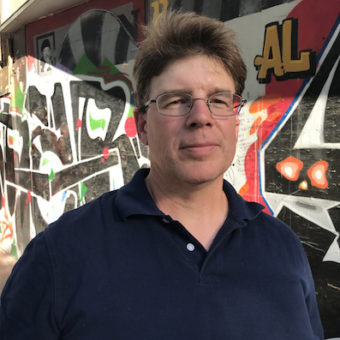
David Tomblin
Director, Science, Technology and Society Program, University of Maryland, College Park
-

Gretchen L. Gano
PhD in Human & Social Dimensions of Science & Technology Graduate, 2014
-

Richard Worthington
Professor of Politics, Pomona College
-

Jason Lloyd
Managing Editor, "Issues in Science and Technology"
